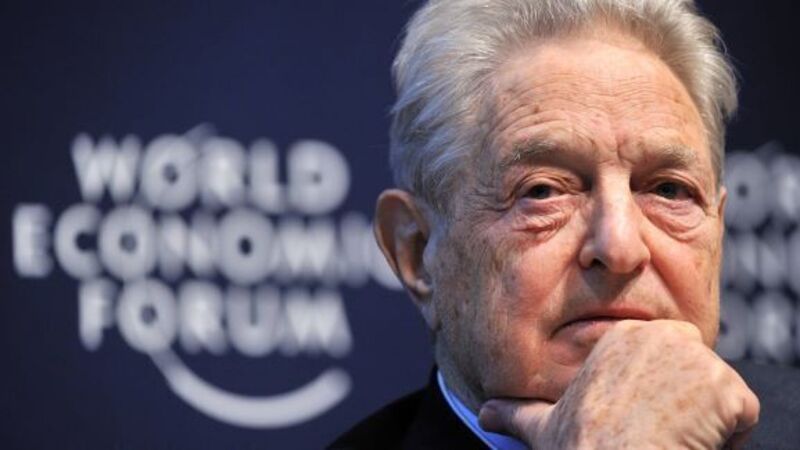‘Act on banks’ or risk 25-year deflation

The worst phase of the financial crisis is over but the region now faces a political crisis that pits creditor countries against debtor nations, Mr Soros said in an interview with Bloomberg TV. He also warned that there would have to be much further integration, including deeper banking union. “You have to go further with the integration. You have to solve the banking problem, because Europe is lagging behind the rest of the world in sorting out its banks.”
Eurozone finance ministers are currently locked in negotiations over the architecture of banking union.
















